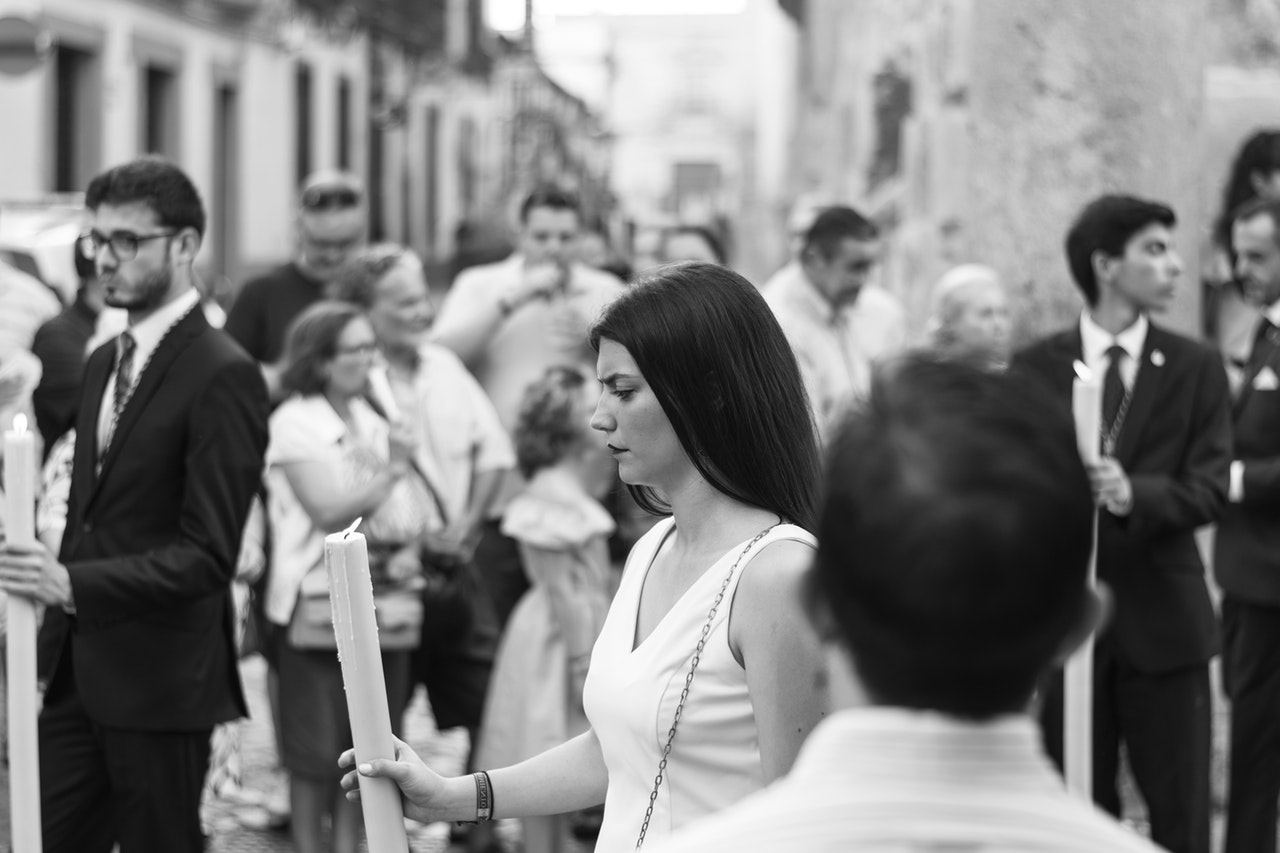Cycle C | Ordinary Time | Week 14
REFLECTION
– By Fr Ugo Ikwuka
Archway, London
Seventy-two is a symbolic number. In Genesis 10, seventy-two descendants of Noah were listed and it is said that all the tribes of the earth are descended from them. Thus, Jesus sending out seventy-two of his disciples to share in his mission as we read in this Sunday’s Gospel is an indication that every single person has the responsibility to be a disciple.
It is not the reserve of a privileged few; priests and religious. Paul who was arguably the greatest apostle, preacher and evangeliser was neither a bishop nor a priest. He was a layman who made tents for a living.
Jesus recognised the enormity of the mission as he remarks: “The harvest is rich but the labourers are few….” While statistics indicate that world Christians number over 2 billion (the most of all religions, with approximately 3 out of every 10 people), there are many (Christians and non-Christians alike) for whom God hardly exists in the reality of their lives; people who seem to have little direction and meaning in their lives beyond having a job, getting money and indulging in some level of pleasure.
As St Paul notes in the Second Reading, it does not matter if a person is circumcised or not, what does matter is “to become an altogether new creature” – a person of integrity and compassion.
The false value-systems of today’s intimidating secular culture appears to have a hold on the way we think whereby the stock market continues to climb amidst dehumanizing violence and poverty. Pope John Paul II characterised this ungodly aspect of our modern world as the “culture of death.”
Paul’s experience 2000 years ago in Athens could as well have happened in any modern city today. After he had proclaimed the resurrection of Christ to the Athenians, the response was mostly ridicule or indifference with some mocking: “We’ll be hearing you on this some other time” (Acts 17: 32).
The disciples are to proclaim the imminence of the Kingdom of God: “say, the Kingdom of God is very near to you”. Vatican II explains that: “The presence of the kingdom is seen in the words and works, but above all in the person of Christ himself” (Lumen Gentium, #5). Thus, to proclaim the kingdom of God is to proclaim Christ in words and action that bring peace, healing and encouragement.

The kingdom of God is present in persons through whom God acts. It comes into being wherever God reigns; wherever God’s will is done. Christianity is not an end in itself. It is simply an effective and perhaps the most effective way of becoming that altogether new kind of human person Paul speaks about.
And if we don’t inspire people to share our faith-vision and the life that follows from it, then there is something fundamentally wrong with the way we are seen to live our Christian lives. While I cannot single-handedly convert or inspire the whole of my society, we can find inspiration in the story of the Indian boy who was seen picking up stranded starfish washed ashore by tidal waves and throwing them back into the sea. Someone who was watching quipped: “You’re wasting your time. There are thousands of them; throwing back a handful will make no difference.” The boy slowly bent down, picked one more starfish and throwing it back into the sea replies: “For that one, it sure makes a lot of difference.”
Notwithstanding the sense of urgency in the words Jesus addresses to us, he recognises that by our own strength we clearly cannot subdue the evil powers of this world and cure its ills. Hence, that we don’t forget to trust in God’s power in all we do, he directs that we “carry no money bags, no sack, no sandals.” Our security is not in material possessions: credit cards, property, investments but close personal relationship with God. We are able to continue Christ’s mission in the particular circumstances of our lives with audacious hope only if we believe that whatever good we do, it is by the finger of God.
Moreover, in how many houses can we live at a time? In how many rooms? On how many beds can we lie at a time? In how many wears can we dress? If we are to help people recover their freedom, we too must be a free people and to be free, we must learn to let go.
Where they are not received, they are to shake the dust off their feet and move on to new grounds. Problems and failures are inevitable in the life of anyone who seeks to make a difference but sometimes we dwell too long on them that they fester and rob our lives of joy and drive. If we don’t shake off the dust of yesterday’s disappointments, they cling, accumulate and weigh us down. Depressed, we give up in despair. But Jesus doesn’t want us to be quitters. Faithful men and women of God are not those without mistakes or setbacks, they are those who grow through every experience to forge ahead.




